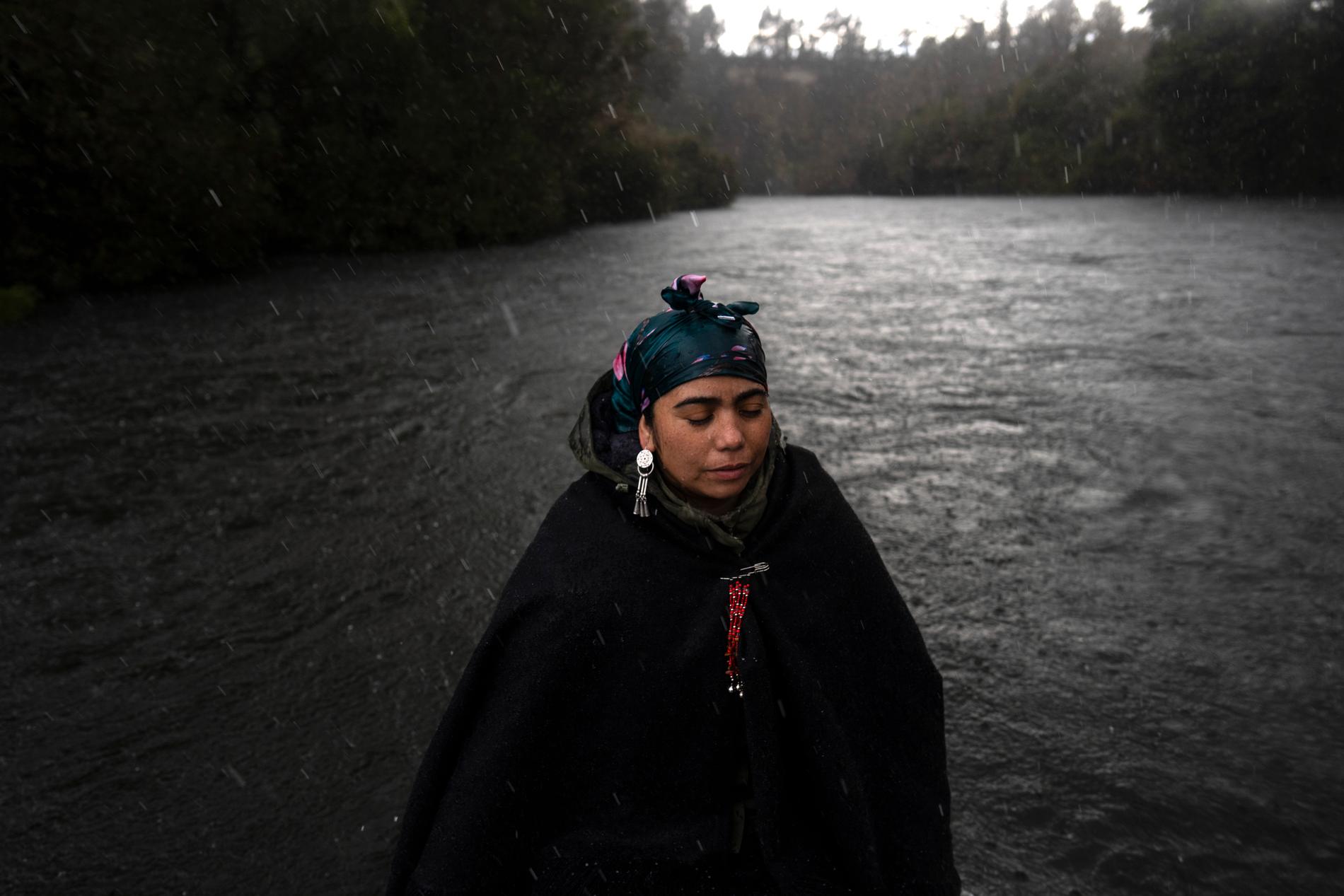A contested referendum could give more than 2 million indigenous people in Chile the right to govern their territories.
Updated less than 20 minutes ago
–
On Sunday, September 4, Chileans will vote on a new constitution that will strengthen the rights of indigenous peoples around the world, writes The New York Times.
If the Yes wins the historic referendum, a new constitution will replace the document drawn up under the dictatorship of Augusto Pinochet.
The new constitution will declare Chile a “multinational state”. In practice, this means that several nations will be recognized within Chile’s borders if the law is passed.
This – if the law is adopted – will give two million indigenous inhabitants of Chile the right to govern their own territories. They will also be able to have their own courts and be recognized as nations within the borders of Chile.
Chile currently has 19 million inhabitants. No less than 13 percent of these are indigenous.
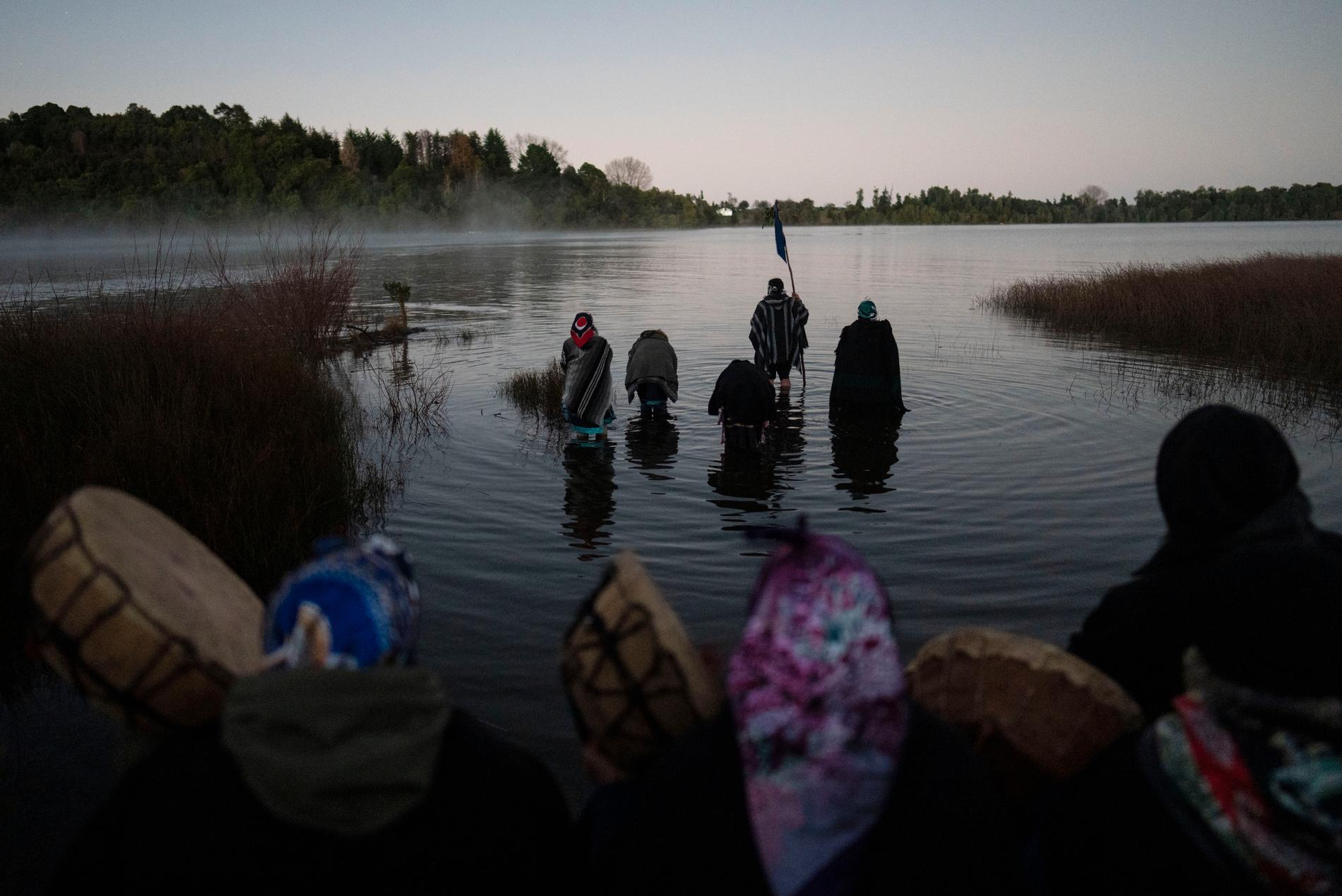
If the law is passed, there will be statutory quotas for indigenous peoples in all elected bodies – both nationally, regionally and municipally.
The new constitution provides:
- Indigenous peoples will get their own autonomous territories.
- They get protection over their lands and natural resources.
- A parallel indigenous judicial system will apply in cases that do not affect fundamental rights or international treaties signed by Chile.
The last point is considered the most controversial in the new constitutional proposal.
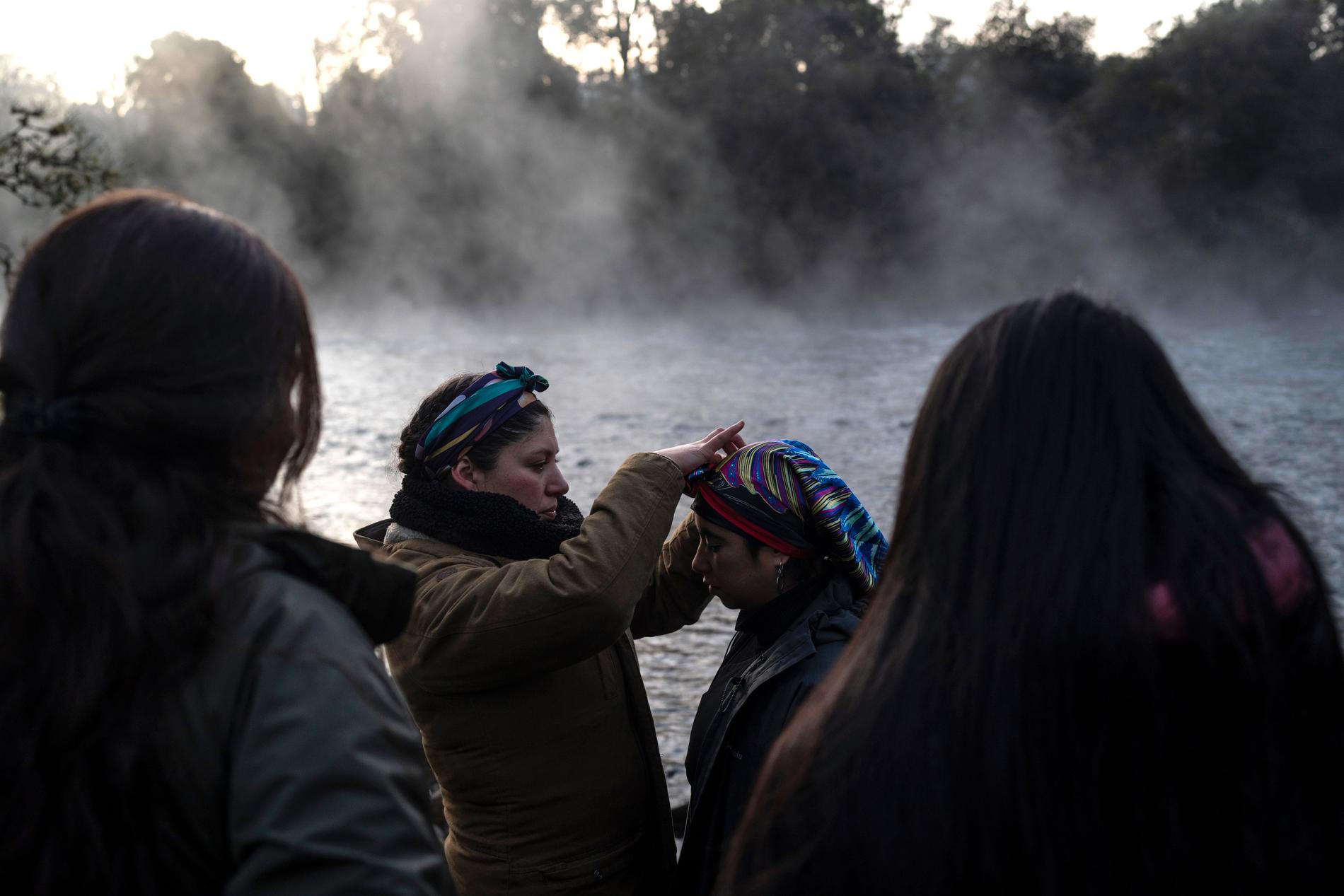
It has never been conquered
80 percent of Chilean indigenous people belong to the ethnic group mapuche – which was never conquered by the Spanish conquistadors.
Therefore, the Mapuche maintained their independence until Chile occupied the territories in 1883. From then on, 90 percent of the lands that originally belonged to the Mapuche were allotted to Chilean and European settlers.
A possible constitutional amendment will face opposition from a campaign that will also be influenced by the leftist government. Recently, the government promised to restrict the rights of some indigenous tribes if the constitution was passed.
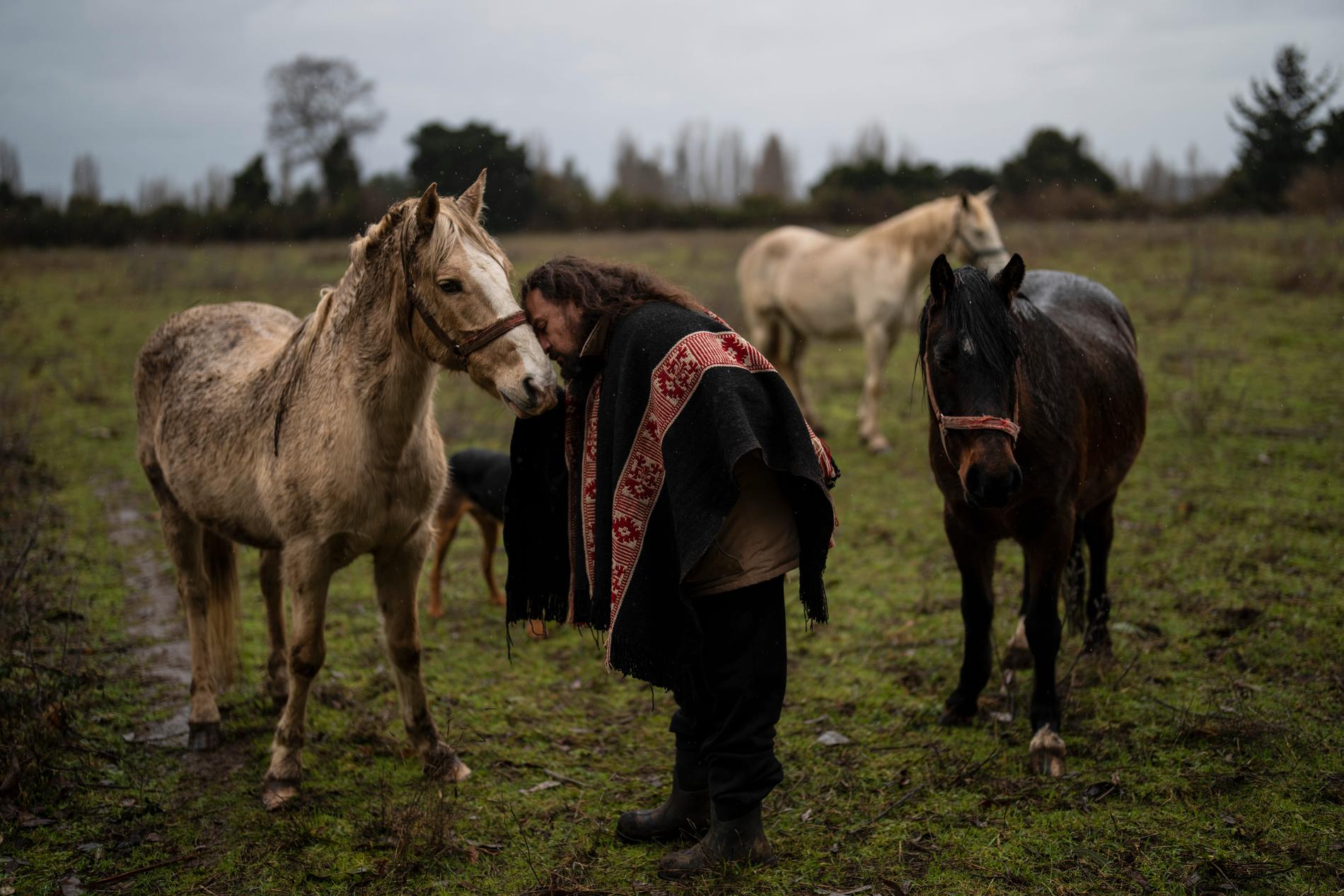
– When we started the constitutional process, we never imagined that this would be the argument that would probably define the outcome of the referendum, says Javier Couso, an expert on constitutional law at Diego Portales University in the capital Santiago.
The group gathered last year to write Chile’s new constitution was described by the New York Times as “one of the most inclusive political bodies in the world”.
17 of the 155 seats were reserved for indigenous representatives. The first president of the conference was the Mapuche linguist Elisa Loncón.
56 of the 388 proposed sections of the constitution concern indigenous rights, Sebastián Donoso, a board member of Chile’s National Institute for Human Rights, told the New York Times.
If the bill passes, Congress in Chile will have to decide which cases should be tried by indigenous courts. They will have to do the same with the demarcation of autonomous territories.
Chile can become a pioneering country
Many of the rights in the proposed constitution are already found in international agreements, including the 2007 United Nations Declaration on the Rights of Indigenous Peoples. It was signed by 144 countries, including Chile.
The UN declaration includes the rights to self-determination and encourages governments around the world to obtain informed and free consent from indigenous groups before implementing laws that could affect them.
The new draft constitution in Chile goes beyond what is currently required by international law: it requires the state of Chile to receive the consent of the indigenous population.
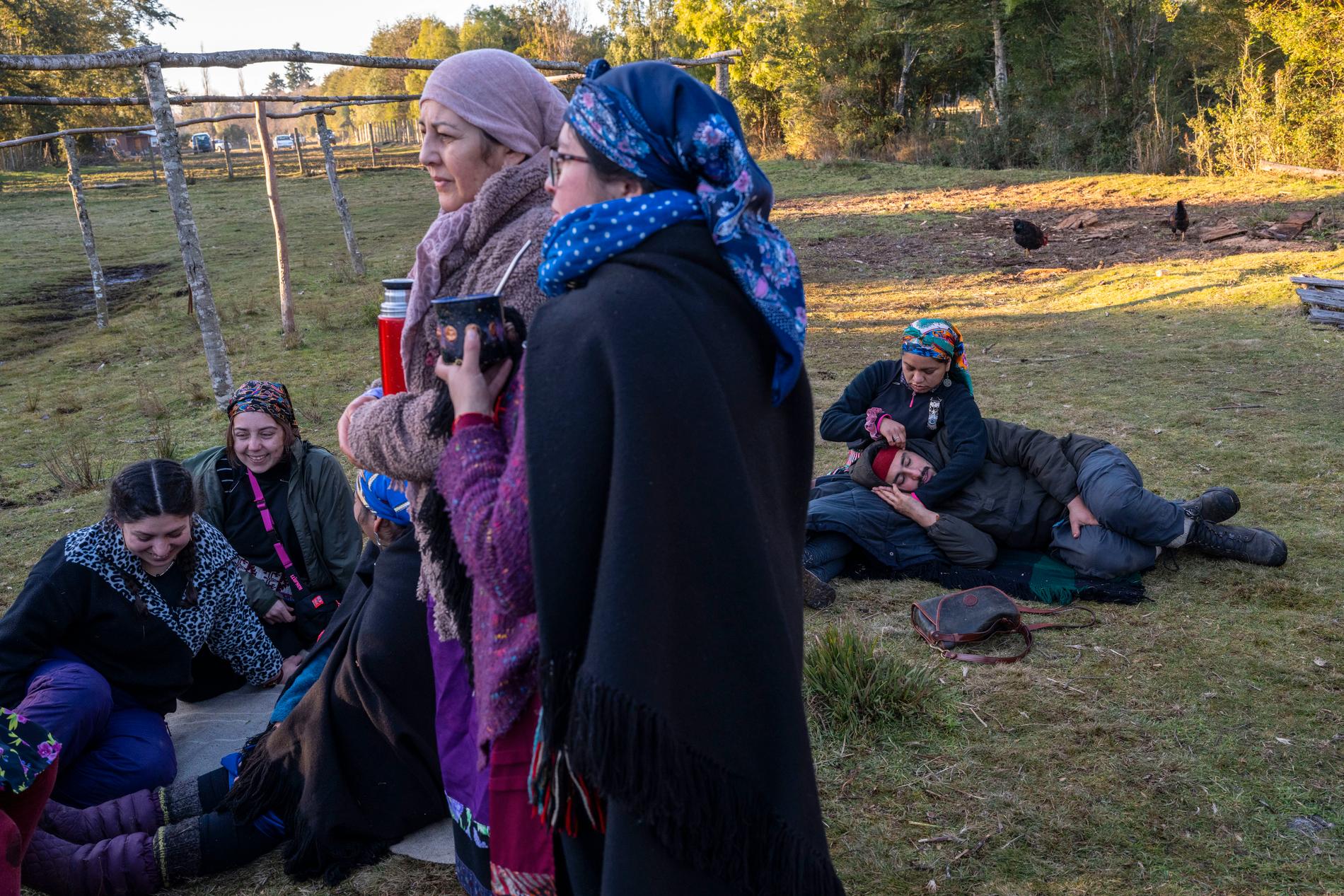
Bolivia and Ecuador also see themselves as multinational states. In New Zealand, the Maori have had a stake in parliament since 1867. American indigenous peoples have the strongest right to self-government.
– No one in the world can compare to the degree of self-government of American Indian tribes, Robert Williams Jr., an indigenous rights expert at the University of Arizona, tells the New York Times.
In the United States, Indian tribes have their own courts, prisons, and jurisdiction over tribal members.
More autonomy of the Sami people
However, Chile’s constitutional family proposal will override, for example, the Sami’s right to self-determination in Norway, Sweden and Finland, says Claire Charters, a professor of indigenous law at the University of Auckland.
He tells the main American newspaper that the Sami, despite having their own Sami parliament, do not correspond to what the new Chilean law proposes.
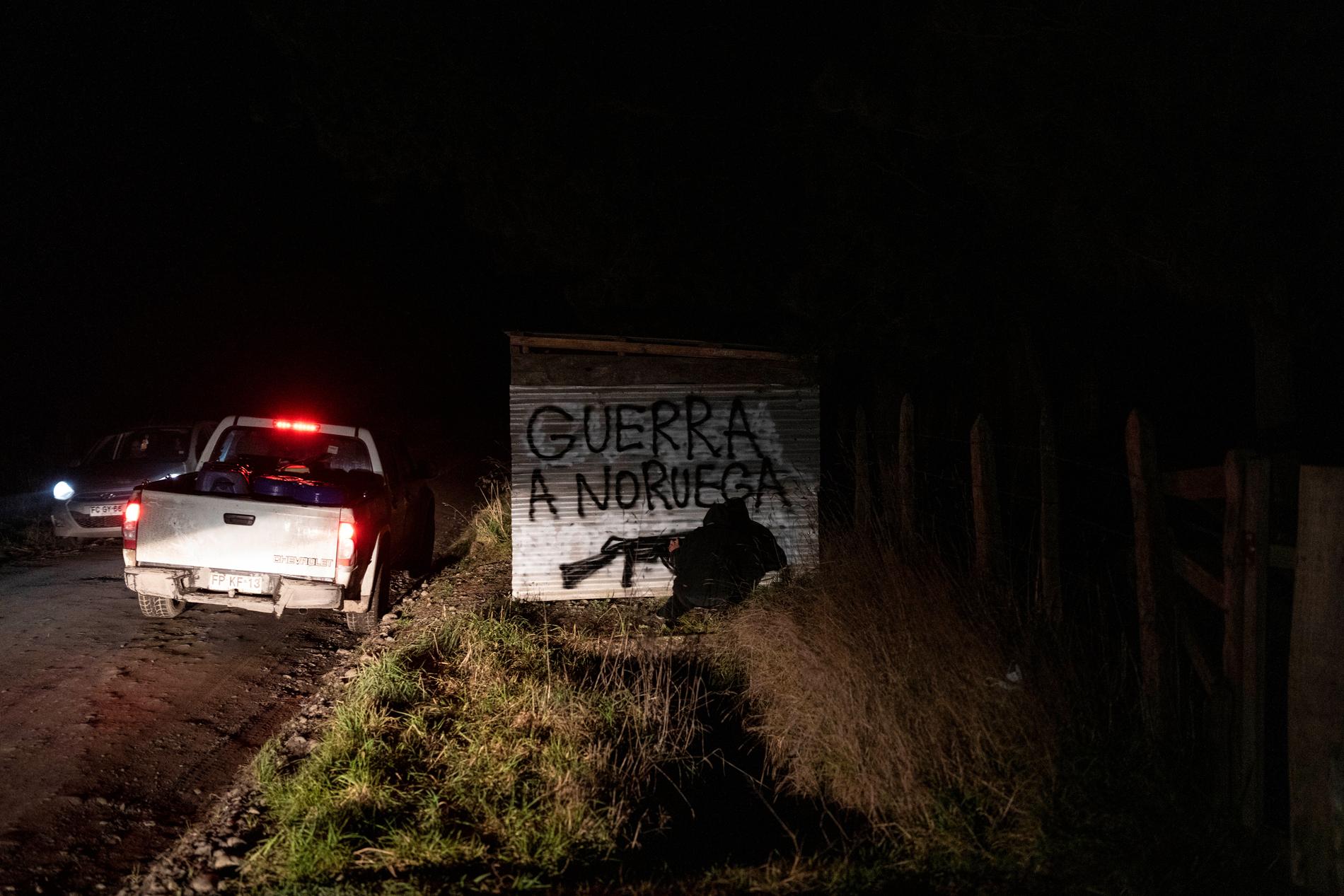
The indigenous Mapuche are struggling to be able to control and preserve the nature in their areas. Next to a bus stop in Carimallin, southern Chile, near the entrance to a hydroelectric plant owned by Norway’s Statkraft, this summer was a poster reading:
“War in Norway”. “War against Norway”.
The degree of autonomy scares many Chileans. A recent large poll shows that the majority of Chileans – including the Mapuche themselves – are not in favor of calling the name multinational.
They prefer the term “multicultural” or the undifferentiated term.
Divide people
The run-up to the elections is characterized by uncertainty and divisive campaigns, the reports say The Guardian.
– We are inundated by a tsunami of information, says former advertising manager Eugenio García (69) to the British newspaper.
– Today it is difficult to say what is true, false, partial or malicious.
Jaime Huenchiñur, the head of a Mapuche business association, is also not very enthusiastic.
– They sell us a car without an engine, he adds The New York Times.
Huenchiñur believes the bill has little meaning as long as many Mapuche are struggling to make ends meet – and that the real goal should be economic development in Mapuche areas.
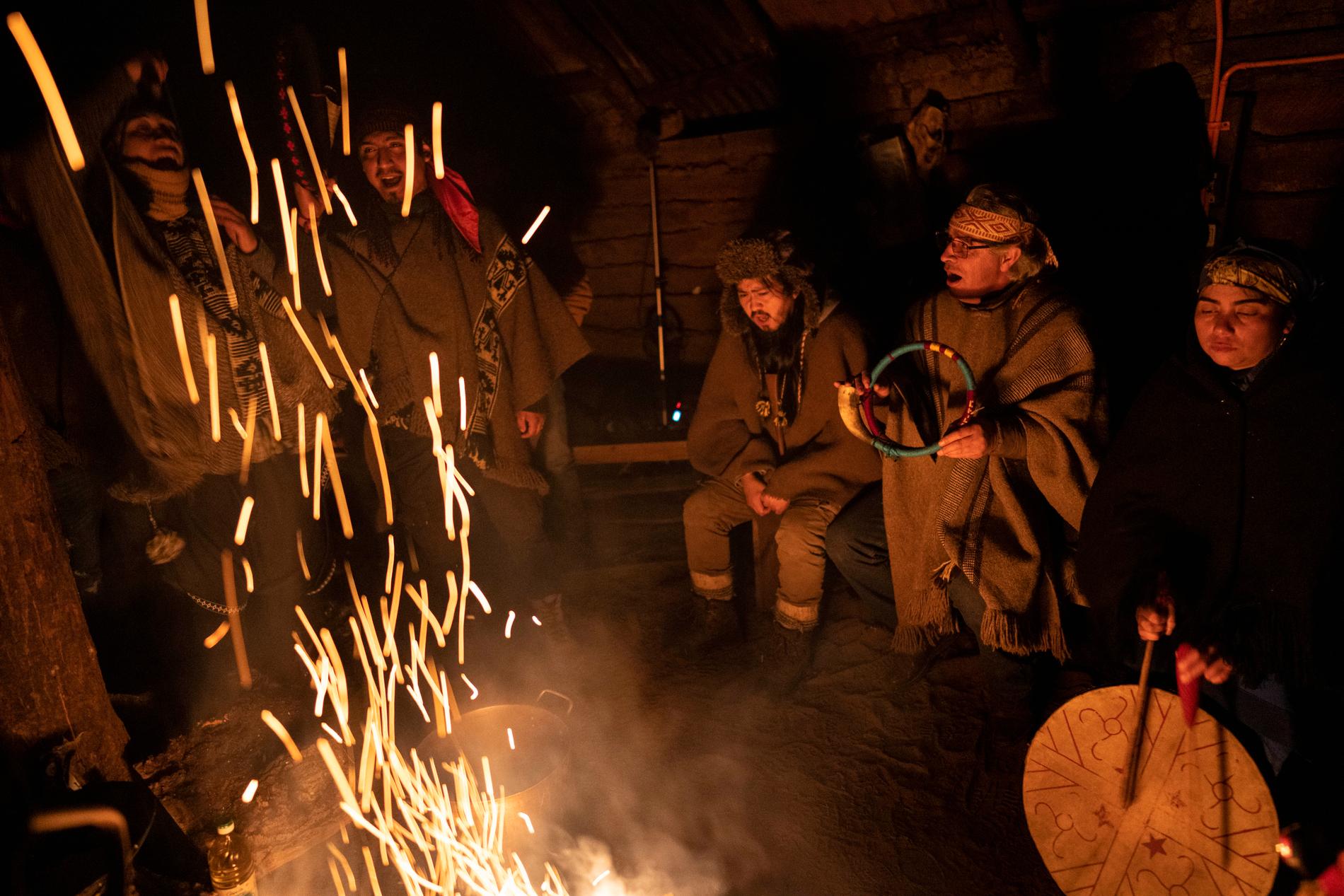
According to the survey, only 16 percent of Mapuche trust indigenous representatives. Trust is greater in local leaders and shamans.
However, many Mapuche activists are pushing for the law to be passed.
In its current constitution, the indigenous groups of Chile are not mentioned. This is despite the fact that they represent 13 percent of the population.
Compared to terrorist groups
The polarization is particularly strong in the south of the country, where some Mapuche groups are increasingly attacking industrial companies. The situation is said to have worsened particularly after the fall of the dictatorship in 1990, when the regime opened areas of land for logging.
Recently, the conflict has worsened with episodes of violence, the burning of trucks carrying firewood and attacks on the police.
In May, the new left government declared a state of emergency in the south. A few weeks later, Chile’s lower house voted to declare four violent Mapuche groups as “illegal organizations of a terrorist nature,” writes The New York Times.
Whether the new constitution can bring more peace is the hope of the supporters.
Mapuche language expert Elisa Loncón has no doubts when speaking to the newspaper:
– It means that a Chile without racism is possible, that an inclusive democracy is possible and that having a different identity does not damage the unity of this country, but rather enriches it.
Watch the video: Solid sinkhole discovered in northern Chile
–
